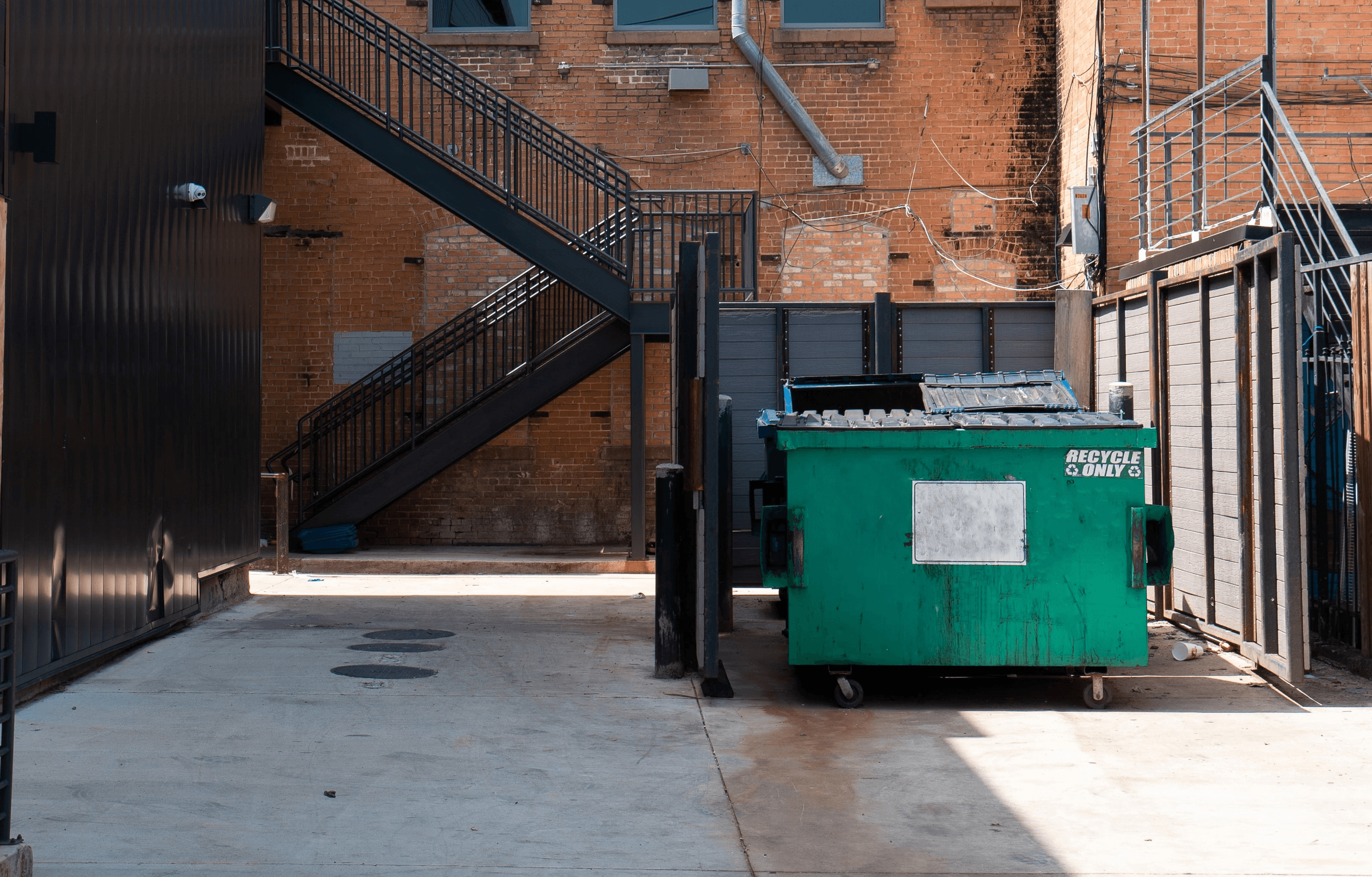Every day, people are taking steps towards building a brighter and more efficient future. Cities are moving to leverage new smarter technologies to create what is being called ‘smart cities’. While numerous industries will be critical in assisting with the growth of such smart cities, the waste management sector should not be overlooked in the part they will play.
In recent years, waste management has been seen to leverage smart telematics technologies to help keep up with the fast-changing infrastructure of the cities they operate in. Specifically, waste disposal fleets who are implementing smart sensors and solutions to improve their operations.
The Lack Of Smart Technologies Used In Waste Management
In waste management, efficiency has been overlooked in the past. A prime example is when garbage trucks empty waste containers that are nowhere near full. When disposal vehicles operate in this fashion, it is typically because the vehicle is assigned to an unanalyzed route schedule. This means efficiency is not taken into account and routes are completed with no strategy in place. As a result, bins that do not need to be serviced are emptied while overfilled and high traffic bins have to wait longer before being emptied.
When this continues for long periods of time, fleets see more resources being used than necessary. Specifically, extra fuel usage, overhead costs as well as hours of service for drivers. On a larger spectrum, the city will need to deal with the additional financial burden that goes along with improper waste management teams.
To stop this from happening, waste management fleets must follow the trend of smart infrastructure and consider telematics to avoid these issues with smarter operations.
Smarter Solutions To Make An Efficient City
For fleets to understand what smart operations their fleet can implement, telematic solutions are suggested as they hold various efficiency and productivity benefits. Typically, smart GPS technology and sensors that are seen in other industries for smart city planning can be leveraged.
Smart Sensors: A Call For Efficiency In Waste Management
As previously mentioned, bins that are less than full on waste disposal routes can cause concerns as the act of emptying the bin is using unnecessary resources. As a result, smart sensors leveraged in various smart city initiatives can be used. Such sensors are used to alert fleets when bins should be emptied as the sensor detects it reaching a certain level of waste capacity.
When paired with a data and tracking solution platform like Trax, the bins that trigger the near-full alert from the sensor can prompt dispatchers to assign it to upcoming routes. Only the bins that are near full will have a vehicle sent to it. When this smart sensor strategy is in place, smart routing can happen to drive faster returns and improve utilization.
ZenduIT’s Waste Sensor
Taking a deeper look into the technology behind smart sensors, it helps improve operational efficiency. By digitally recording data on a physical environment and pre analyzing the information prior to transmitting it to a software database, teams are able to see bin fill levels with great accuracy.
This happens through the use of internal sensors monitoring an environmental factor and the integrated element of the Internet of Things (IoT) to remain connected. The sensor transmits the data over networks because of being integrated with IoT functionality.
From a non-technical point of view, waste management fleets will be able to measure the bin capacity up to 24 times a day, or even every minute for real time monitoring. This will allow them to dispatch vehicles to empty the bins that are over the preset fill capacity.
Smart Sensors will improve the future of the waste management industry. They’ll help with better fleet management, cleaner cities and will reduce the financial burden on governments. Waste collection will be better streamlined and will only be done when required.
Looking ahead, smart sensors will divert from ultrasonic to camera solutions, since cameras can give waste management services a clear view of how full the bin is. While smart sensors target one aspect of inefficiency, waste management deals with many more and it would be beneficial for them to consider a telematics approach to their processes. To learn how waste management can take advantage of the various technological resources available, get in touch with our solution experts!







































